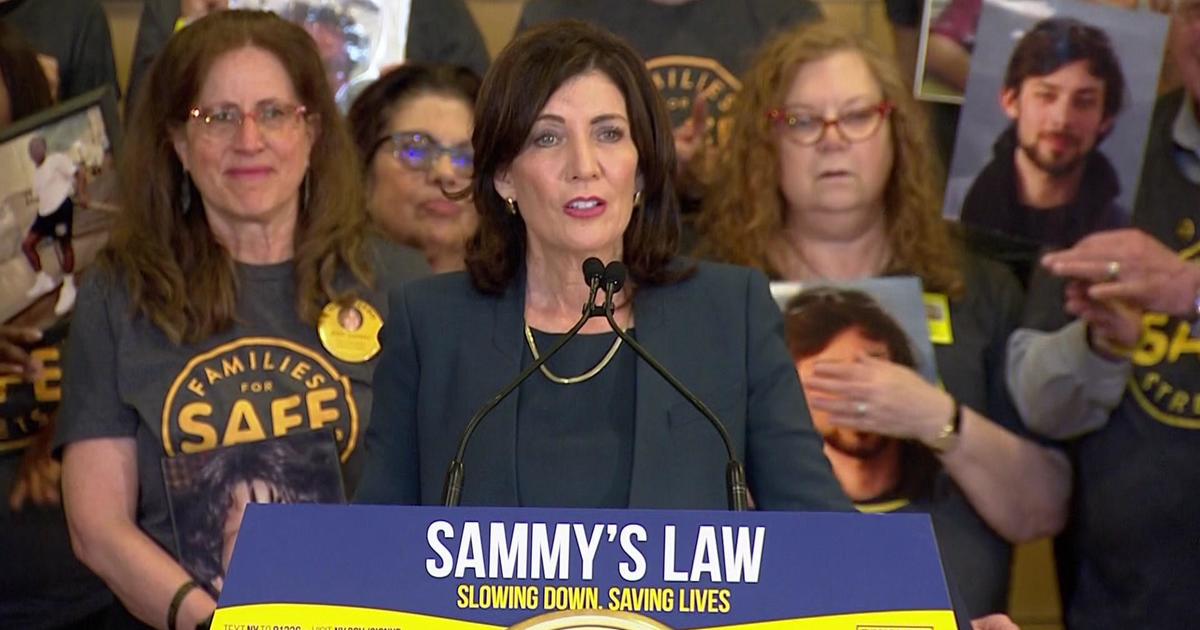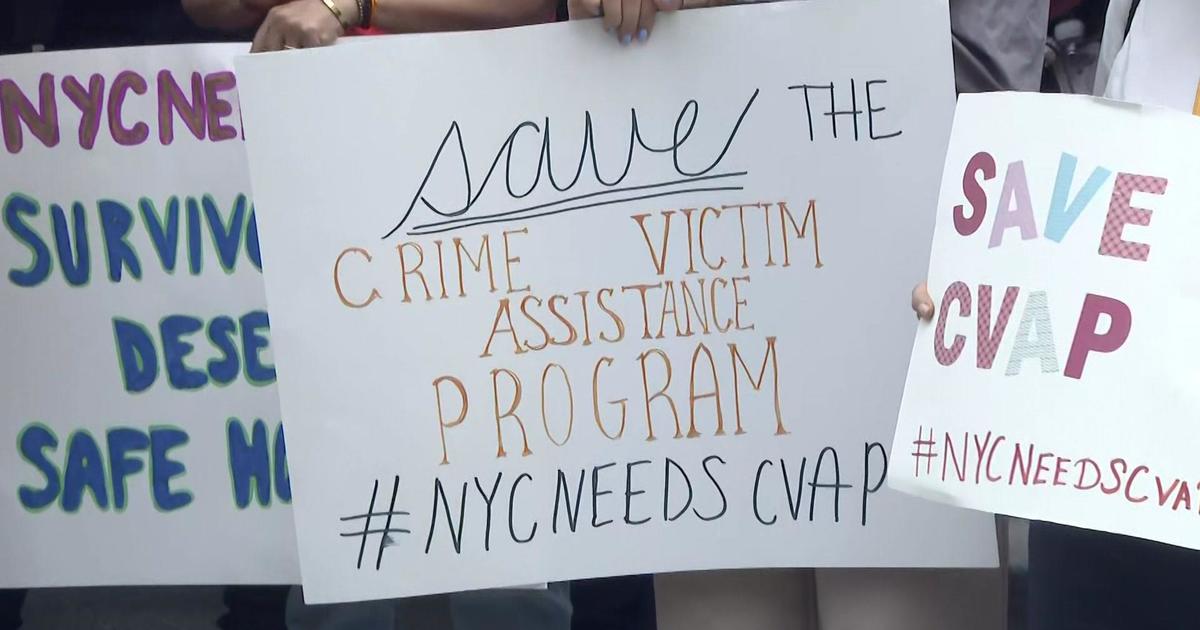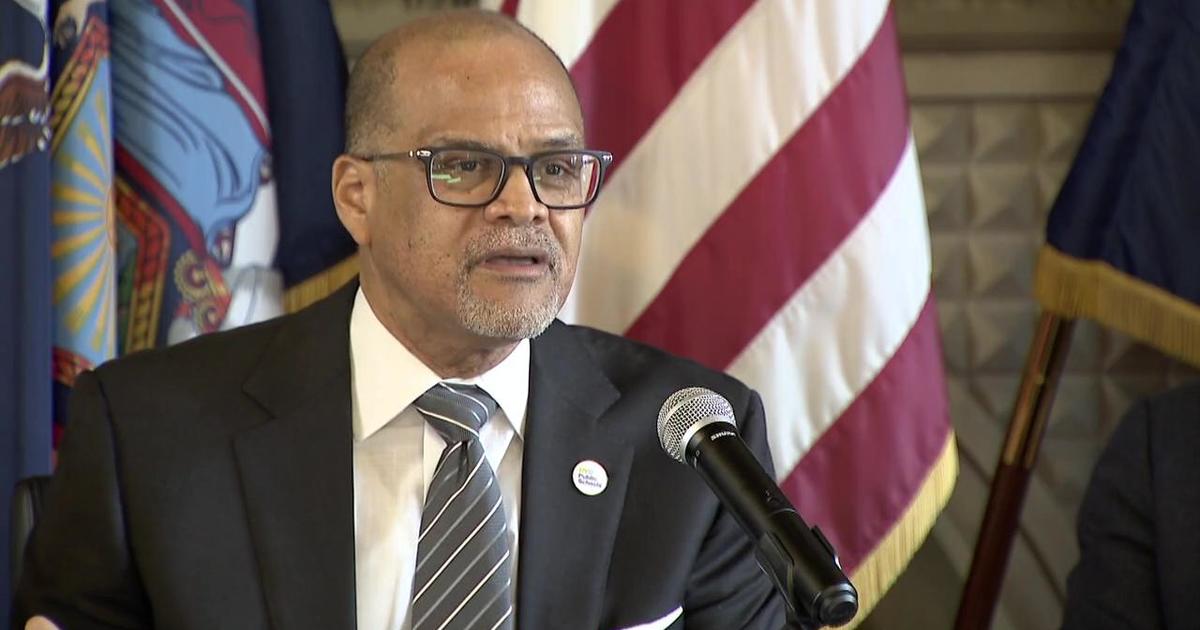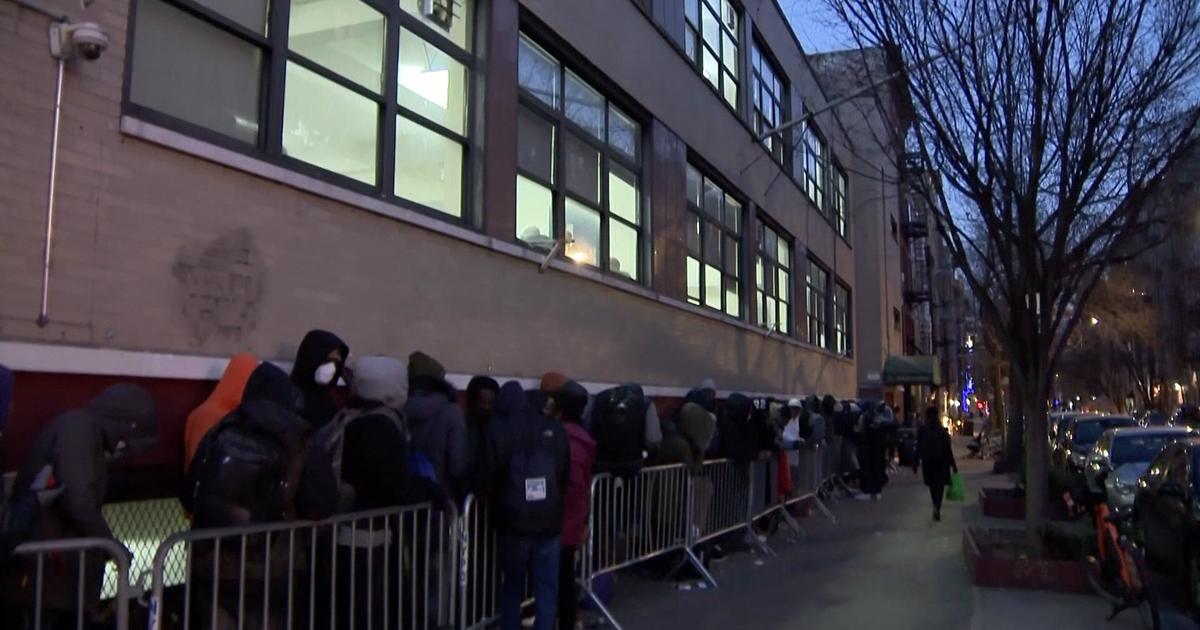New York City health department declares monkeypox a public health emergency
NEW YORK -- One day after Gov. Kathy Hochul declared a state disaster emergency in response to the monkeypox outbreak, the New York City health department followed suit and declared a public health emergency.
Mayor Eric Adams and health commissioner Dr. Ashwin Vasan released the following statement Saturday:
"Today, we are declaring monkeypox a public health emergency in New York City. Over the past few weeks, we have moved as quickly as possible to expand outreach and access to vaccines and treatment to keep people safe. This declaration, which is effective immediately, will allow [the New York City Department of Health and Mental Hygiene] to issue emergency commissioner's orders under the New York City Health Code and amend provisions of the Health Code to provide for measures to help slow the spread. We are also working with partners at every level of government, to obtain as many additional doses as possible, as quickly as possible, so that we can protect New Yorkers during this growing outbreak.
"New York City is currently the epicenter of the outbreak, and we estimate that approximately 150,000 New Yorkers may currently be at risk for monkeypox exposure. We will continue to work with our federal partners to secure more doses as soon as they become available. This outbreak must be met with urgency, action, and resources, both nationally and globally, and this declaration of a public health emergency reflects the seriousness of the moment."
As CBS2's Alecia Reid reports, this comes as there are still questions about monkeypox vaccine availability in the city.
More than 25 percent of the nation's cases are here in New York, and the hope is that additional vaccines will get here sooner rather than later.
MONKEYPOX IN NYC: Identifying symptoms, prevention tips, how to get a vaccine and more
There were long lines for the monkeypox vaccine at the Bronx High School of Science on Saturday, reflecting the current need for access. It was one of three mass vaccination sites in the city this weekend for residents who were lucky enough to snag an appointment.
Nearly 1,300 people have tested positive in New York City, making it the country's epicenter.
"Something that could've been prevented if we had planned better and prioritized things better," an Upper West Side resident said.
Complaints about the slow vaccine rollout have been ongoing, in addition to a call for antiviral drugs to treat those currently afflicted with the painful disease.
The governor announced a disaster emergency Friday night, which will allow for data tracking and increased access to vaccine doses.
"This state of emergency will allow a wider universe of individuals to administer the vaccine, it'll allow it to be administered in a wider array of settings, and it will require data reporting that we're gonna need to get more vaccines," Councilman Erik Bottcher said.
"You could be sitting on a subway, you could have an open sore, it could be spread, someone else can sit on there, so I think it needs to be expanded to beyond specific populations," Inwood resident Stuart McCallum said. "Everybody needs to be vaccinated."
READ MORE: Over 100,000 monkeypox vaccine doses coming to New York state
The United States Department of Health and Human Services this week announced 80,000 vaccine doses that are headed to the city, but there's no timeline on when they'll get here.
"We don't know when those are coming. They've said four to six weeks. To me, that's an unacceptable length of time. But when we do get them, they're gonna give them to us in tranches, and they won't give more until we use the tranches we have. To do that, we're gonna need data reporting, so we can report that we've exhausted the tranches that we have. That's what the state of emergency will allow," Bottcher said.
The Centers for Disease Control and Prevention says in order for the vaccine to be effective, both doses are necessary, but right now, states like New York are prioritizing the first dose.



